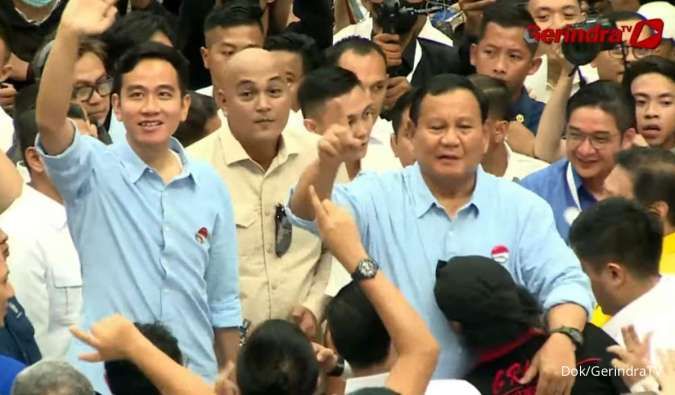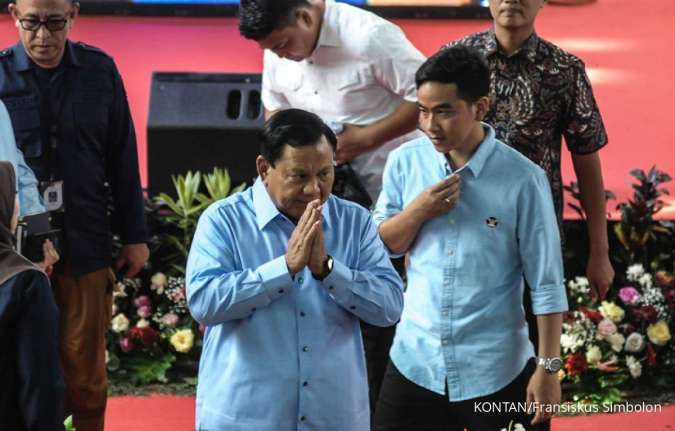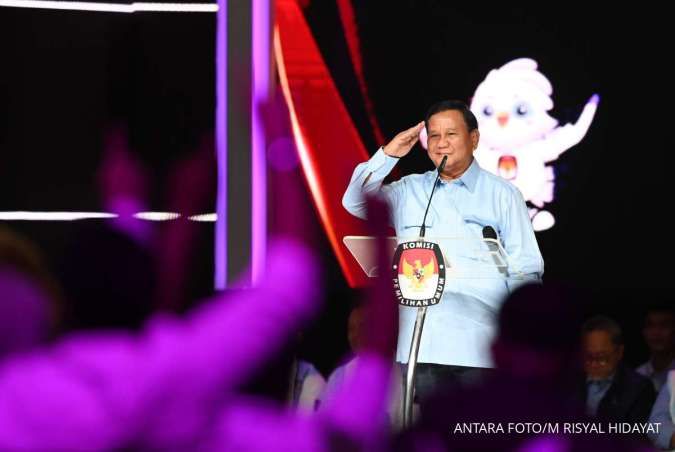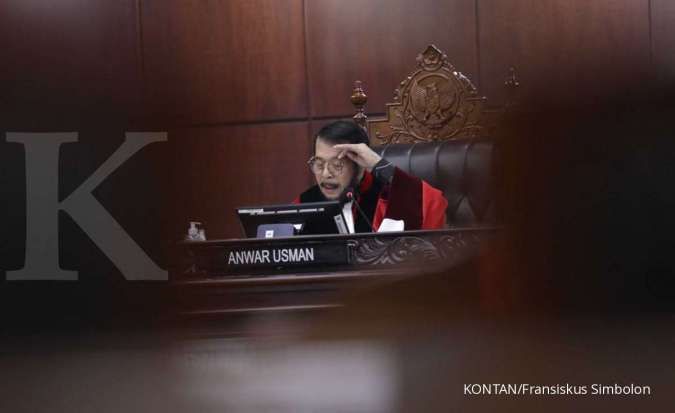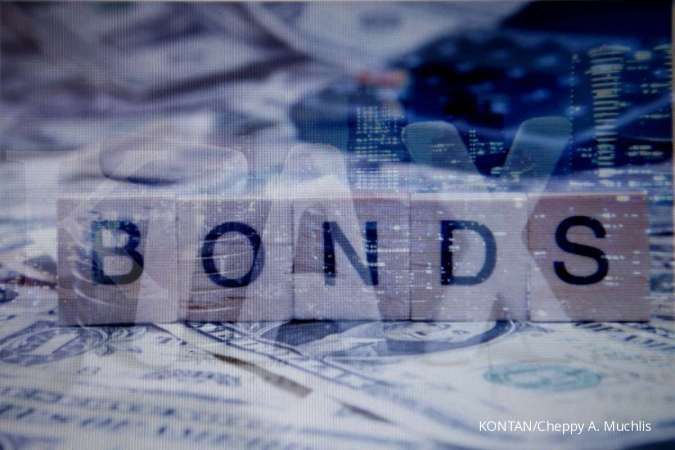GENERAL ELECTION - JAKARTA. On the three occasions that Prabowo Subianto has run for the Indonesian presidency, the former special forces commander has maintained a consistent policy message. He is no fan of economic neo-liberalism and favours a big role for government.
But despite the defence minister's qualms about market-oriented policy, Indonesia's stock market surged on Thursday after Prabowo appeared to have secured a comfortable win in this week's election to replace President Joko Widodo later this year.
"Neo-liberalism" usually refers to the idea of a reduced role for government so that the private sector can lead development under a free-market system.
Rather than focus on his earlier pronouncements, investors cheered the expected continuity of the policies fostered by Widodo, popularly known as Jokowi, who had given Prabowo his tacit backing during the campaign.
Jokowi's decade in office has been a period of steady economic growth and low inflation. It has been underpinned by efforts to cut red tape and attract foreign investment, seeking to position Indonesia as a key player in the global electric vehicle supply chain.
Read Also: Indonesians Wake to New Presumed President Prabowo
However, a Prabowo presidency could be different for Southeast Asia's largest economy, with some analysts also pointing to speeches he has made backing protectionism and indicating a penchant for big government, including populist policies that require large fiscal expenditure.
"I'm a little different. I don't subscribe to neo-liberalism," Prabowo said during the final presidential debate on Feb. 4.
"The government is not just a regulator. The government should be in front, the pioneer, intervene when needed and work for the people."
State Companies
Prabowo has not clearly defined what he dislikes about the free market mechanism, but economists deciphering his comments have pointed to him having an issue with food imports and preferring a larger state role across sectors ranging from energy to healthcare.
"Mr. Prabowo used to head the farmers' association. He has said he wants to reduce food imports, and I think that is where his passion is," said Mohammad Faisal, an economist at Jakarta-based think tank the Center of Reform on Economics.
Indonesia, with 270 million people, is currently a major importer of rice, wheat, sugar, beef and soybeans.
As a minister, Prabowo has overseen Jokowi's Food Estate project, which was spearheaded by the military and intended to boost production of crops such as rice, corn and cassava, though he came under fire during campaigning over the lack of progress at the project.
Bhima Yudhistira Adhinegara, an economist at the Center of Economic and Law Studies, expects there to be a larger role for state companies in a Prabowo presidency.
Under Jokowi, bloated state construction firms dominated his infrastructure drive, with private companies often sidelined.
"Among our concerns is the crowding out effect of state-owned companies because these companies will need large loans if they are to become tools for the state's agenda," Bhima said, adding banks may be forced to help fund state projects.
Read Also: Indonesia Election Quick Tallies Indicate Prabowo Had About 58% of Votes
Fiscal Discipline
If quick count results are confirmed and Prabowo is sworn in to the top job in October, he would inherit an $1.4 trillion economy facing a global economic slowdown, ongoing geopolitical tensions and threats of climate change.
Prabowo has pledged to boost economic growth to 7%, from around 5% now, mainly through expanding Jokowi's policy of attracting investment by blocking exports to secure domestic processing of minerals like nickel.
But his main campaign promise has been to provide free school meals and milk to children, at an estimated cost of 450 trillion rupiah ($28.81 billion) a year, raising concerns about whether he would continue Indonesia's record of fiscal prudence.
The free meals and other policy plans point to a more expansionary fiscal stance that if implemented, "would mark a divergence from Indonesia's long track record of conservatively managed budgetary finances and debt ratios," said Anushka Shah, senior credit officer at Moody's Investors Service.
As defence minister, Prabowo has already embarked on billions of dollars of spending to upgrade Indonesia's military hardware.
His apparently off-hand comment during one presidential debate about being open to taking Indonesia's debt-to-GDP ratio to 50%, from below 40% now, has already sparked investor anxiety.
Prabowo has not said how he would fund his programmes, though he has pledged to boost tax-to-GDP ratios significantly by setting up a new tax agency.
Read Also: Indonesia Votes for New President Under Shadow of Influential Incumbent
Still, some in the business community are hoping his background as a businessman would mean he understands how to manage the economy.
"I trust him and his economic team will weigh the positive and negative. He won't leave the private sector to die, because then the government will also die. We are taxpayers," said Tutum Rahanta, a senior executive at a retail garment chain. ($1 = 15,622.0000 rupiah)
/2024/02/14/1578149103.jpg)
